When buying a home, there are many factors to consider. In this guide, we outline the top 10 things you should keep in mind, from budgeting and choosing a real estate agent to financing options and how to make an informed decision. Buying a home should not be taken lightly, and we are here to help guide you every step of the way!
1. Budget

Budget is so important to consider when buying a home. There is more than just a down payment involved. The cash needed to close will include your down payment, property taxes, insurance, and lender and title costs. We always highly encourage getting a payment estimate from your lender to help determine your monthly payment. And don’t forget about ongoing maintenance costs.
2. Choosing a Real Estate Agent

Buying a home often involves negotiation. From the initial offer to counteroffers and potential repairs, a lot of paperwork can take place. A competent agent can negotiate on your behalf to ensure you get the best possible price and terms. A skilled real estate agent knows the local market inside and out. They can provide valuable insights into neighborhoods, property values, and market trends, helping you make informed decisions. We will be there every step of the way to guide you through the process!
3. Condition of the Property
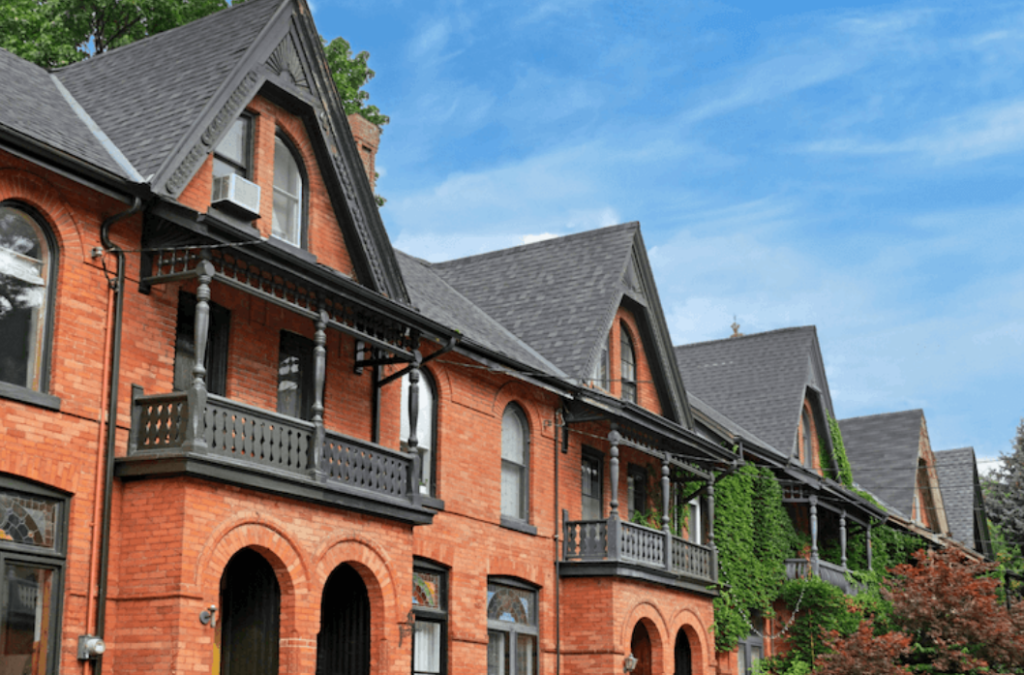
When we look at houses, we evaluate their condition, including any necessary repairs or renovations, to determine whether they’re move-in ready or need additional work. There are many moving parts when purchasing a home. The home consists of more than just a roof and four walls. Some repairs can be expensive, but many other repairs are often cheaper than you may think.
4. Home Inspection
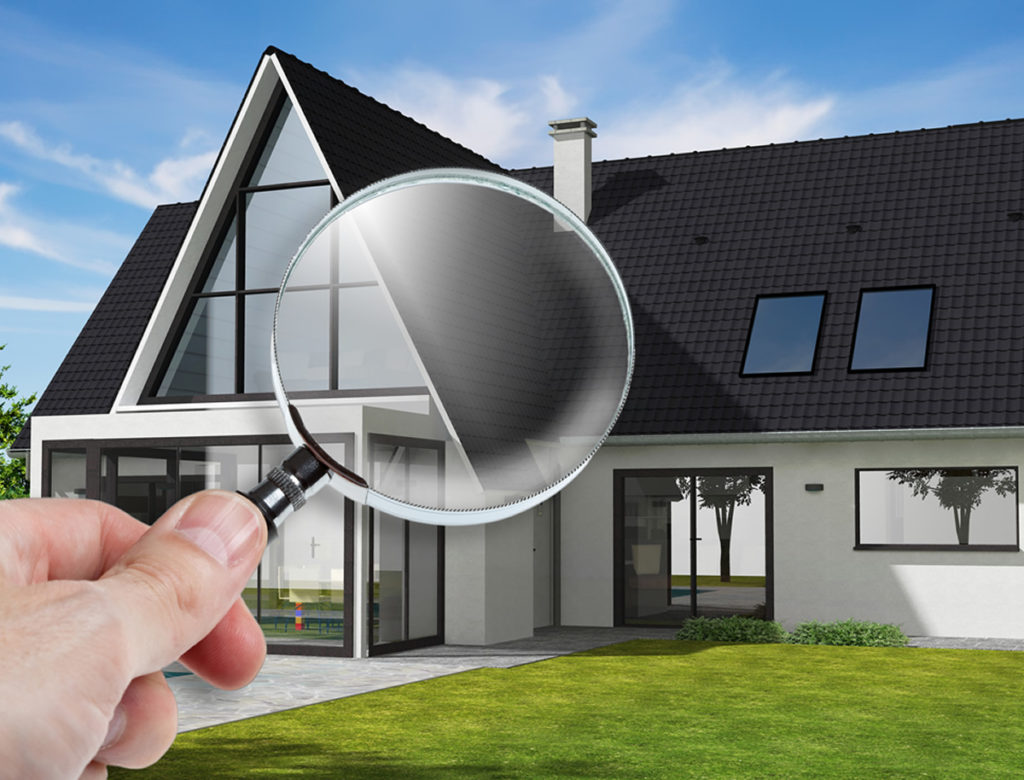
Hire a qualified home inspector to thoroughly assess the property for any hidden issues or structural problems before finalizing the purchase. A home inspector will tell us what is wrong with the home. It is their job to find problems, so do not fret when they do. They will help explain each item thoroughly and recommend if we need to get any other type of home professionals, such as electricians, plumbers, roofers, etc., to evaluate the situation.
5. Resale Value
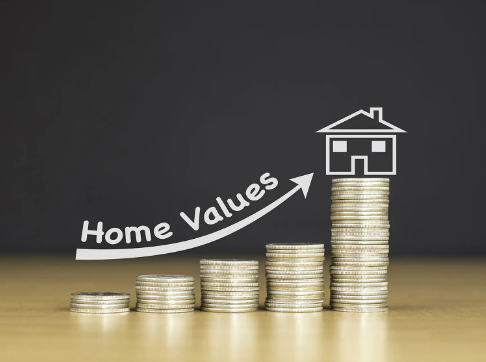
Home values have historically risen, but some areas still appreciate faster than others. One of our many jobs as agents is to help you assess your property’s fair market value. It is important to look at the history of sales in the neighborhood, and to see how much comparable sales have appreciated in the past. This will give us a good idea of how quickly the neighborhood is appreciating. Research recent sales prices of similar properties in the area and consider factors that may affect the home’s resale value, such as market trends and future development plans.
6. Financing Options
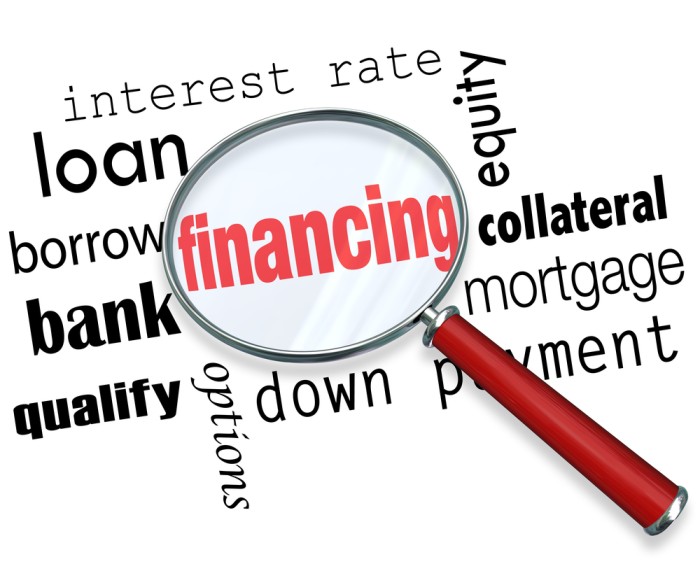
Every buyer and every lender is different so it is important to explore different mortgage options and work with a reputable lender to secure the best financing terms for your situation. 30 year fixed rate conventional mortgages may be common, but it may not be the best option for everyone. There are many different programs out there that may be a good fit for you. We always like to sit down with our clients and preferred lenders to make a plan that works best for you.
7. Location

I am sure you’ve heard it before, location, location, location. Location is one of the key factors when buying a home. It is one of the criteria that can most greatly influence the price of a home. Consider factors such as neighborhood amenities, commute times, school districts, and future development plans when choosing a location for your new home. It is also important to look at what may be coming to the area in the future. For example, is the property currently surrounded by farmland? It may not always be that way, so it’s important to keep that in mind.
8. Type of Home
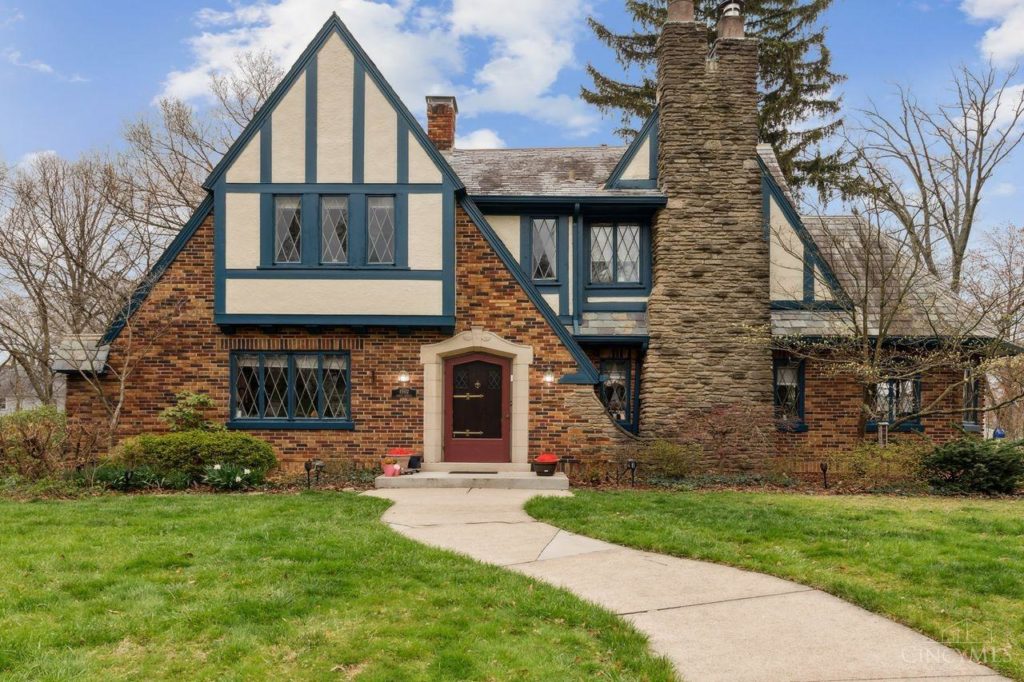
There are many different types of homes available on the market. Decide on the type of home that best suits your needs, whether it’s a single-family home, townhouse, condo, or other property type.
If you don’t want maintenance, a condo may work best for you. A single-family home with a large fenced-in yard might be best if you have a large dog that loves to run. Always make sure you are thinking about your needs and which type of home can best fulfill those needs.
9. Homeowners Association Fees (HOA)

If purchasing a property in a community with an HOA, understand the associated fees, rules, and regulations, and determine if they align with your preferences. We will always make sure to get a copy of the HOA documents, HOA budget, HOA bylaws, and a list of the rules and regulations. We want to ensure that we know what is allowed and not allowed in the neighborhood and if the HOA is financially stable. You never want your fees to go up significantly.
10. Home Warranty

Think of a home warranty as supplemental insurance. Your home insurance will cover the majority of major things, like damage from fire, storms, and acts of God. A home warranty covers many smaller things, like kitchen appliances, HVAC systems, hot water tanks, etc. They can be a lifesaver when you need them and cost less than $1000 per year. Consider purchasing a home warranty to provide coverage for major systems and appliances in case of unexpected repairs or replacements.
Let Us Lead You Home
Choosing the right home is a significant decision that requires careful consideration. You can confidently navigate the home-buying process by keeping these 10 factors in mind – from location and budget to future needs and inspections. With thorough research and thoughtful planning, you’ll be well-equipped to find a home that meets your needs and becomes the foundation for countless cherished memories in the years to come.
Happy house hunting! Please contact us, and we can put together a home-buying plan specific to you and your needs!

